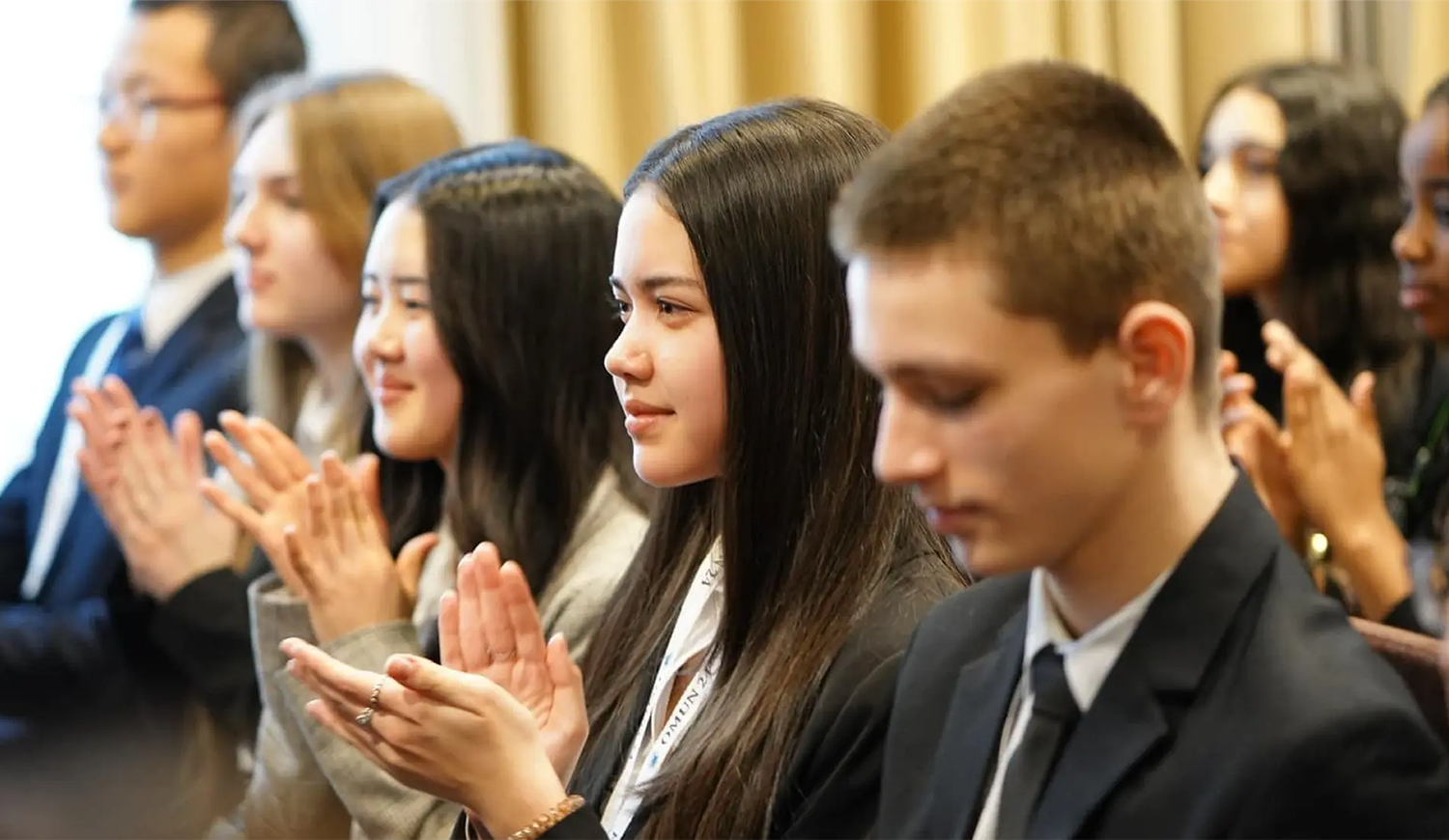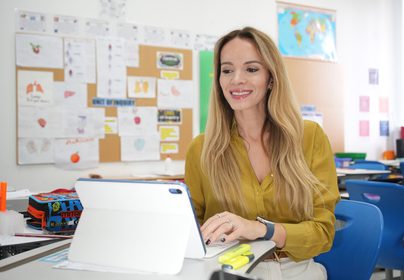The Orbital Education Group Model United Nations (MUN), presents students with an unparalleled opportunity to learn first-hand about diplomacy, international relations and global issues while gaining a unique opportunity to hone their presentation and debate skills.
The annual Orbital Education MUN event is a highlight within our calendar of collaborative events. It brings together students across several Orbital Education schools from around the globe, helping us to foster a global outlook within our Orbital students as we prepare them for their international life beyond graduation.
The event itself is an in-depth simulation of a real United Nations conference. During the event, our students take on the roles of representatives of countries, organisations, or individuals to address global challenges from the perspective of the country or individual they represent.
Ahead of the event, students are given tasks and topics to research, ready to debate within pre-assigned committees on the day. During the event, they must debate as the country or individual they represent, rather than with their own thoughts, ethics or desired outcomes.
It takes great preparation and research for students to partake in an MUN event. This includes extensive research, writing papers and proposing policies to be debated during the session – which often goes on for several days. But the rewards for all this hard work are plentiful as students hone vital skills to prepare them for life beyond education including; research, presentation and public speaking, debating, teamwork, collaboration, critical thinking, confidence-building, emotional intelligence and leadership.
The annual Orbital Education MUN conference is held in a different Orbital school location each year offering our students a unique and extremely valuable international opportunity. Running the MUN conference in collaboration with a growing number of schools from across the group, means our students can immerse themselves fully in multiple cultures as they learn from other Orbital students and build lasting friendships. These connections often spill out into post-event collaborations including exchange trips and collaborations on school projects.




